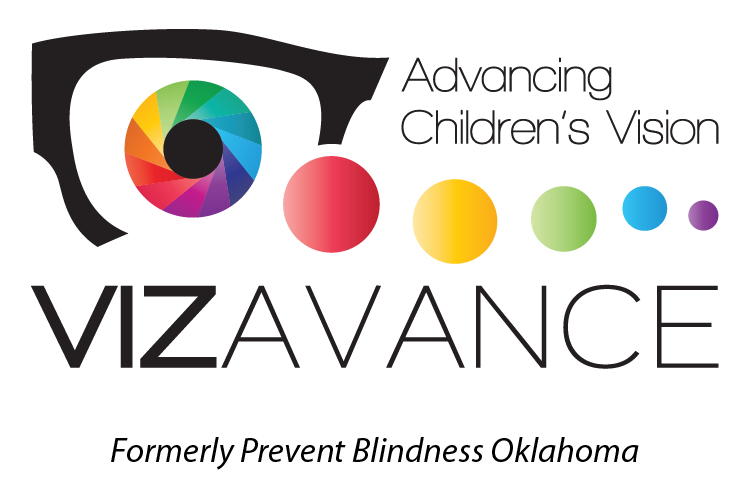
Like most things in our bodies, our eyesight will gradually worsen as we age. This is completely normal and a natural part of life. While some will not experience this deterioration until very later on in life, others can begin to see the signs of eyesight deterioration much earlier on, which is why it is so crucial to begin eye exams early on in life. With regular children’s eye exams in childhood and repeat exams throughout adulthood, you can catch early deterioration and slow it down with treatments. To understand what is happening with your eyesight and what can be done to help, you first need to learn how and why your eyesight worsens over time.
What Makes Our Eyesight Deteriorate?
Certain changes happen throughout our body; some happen naturally due to age while some occur due to lifestyle choices and habits.
Presbyopia
As we get older, many people will notice a gradual loss of their eyes’ ability to focus on close-up objects. This is an eye condition known as presbyopia. Things like reading or using your smartphone will become harder to do, as close-up objects will be out of focus and blurry. This is caused by a hardening of the lens of your eye – your lens helps to focus on images by bending and changing shape, but with a hardened lens your eye won’t be able to adjust and so your sight will be less and less focused as you age. While there isn’t a cure for presbyopia, you can slow down the process by catching it early and getting prescription reading glasses.
Cataracts
Another age-related eye condition is cataracts, although this condition can be found in children, too. Over time, your lens will begin to appear cloudy due to a build-up of protein within the eye. This cloudy protein buildup will stop light from reaching the back of the eye, which can cause blurry or misty vision. Most of the time cataracts will occur over time due to again, however you can be born with cataracts and young children and teens can develop cataracts through genetics or eye trauma. Cataracts can be slowed down with prescription glasses, but when severe, the only cure is surgery. It’s hardly likely that cataracts will come up in your children’s eye exam results, but it’s always advised to have regular checks just to be safe.
Lifestyle factors
You’re more likely to see a deterioration in your eyesight if you don’t look after your eyes. Smoking, drinking, a bad diet, and poor sleep can all affect your vision. Taking vitamins such as vitamin C, E and omega-3 can contribute to a healthy and strong vision, and so will help you to keep your vision for longer.
Genetics
Sometimes you can do everything right and still end up with deteriorating eyesight, and this could be due to your genetics. There are a few eye conditions that are hereditary like glaucoma and myopia, so even with regular eye checkups and a healthy lifestyle, you could see your eyesight worsen over time. It’s important to note any family history of eye conditions as this will help your eye care professional when performing their eye exams, especially during children’s eye exams where they wouldn’t necessarily look for certain eye conditions.




